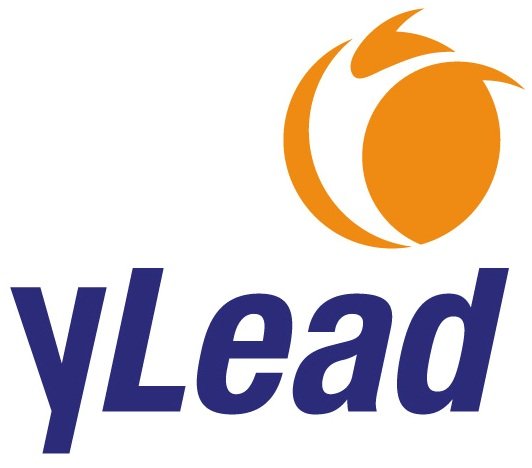
The outdoor educational school at Upper Canada College (UCC) in Toronto, Ontario, Canada is all about seeking out new experiences, and the gift of the last two years is they have given us just that. During this time, we have been called on to put everything we believe in into practice; with leadership, social intelligence and community being at the centre of it all.
One of our goals was to support students through the unpredictability of things; by encouraging them not to let constant obstacles get them down, but rather to view them as a challenge and to see how we can make it a “yes”. We got good at finding different ways to move through challenges and make things happen. Whether it be the logistics of how we are running the program, where and how we are meeting, or the focus of the content – rather than seeing obstacles as a downfall we saw them as opportunities to problem solve and be active agents in that process.
It is undeniable that the uncertainty of the past two years has been a real challenge for educators. Every time you make a plan to do something with students, it is likely to get cancelled or changed. As a result, we have focused on nurturing the ability to pivot and maintain a positive mindset through change.
We used several strategies to maintain resilience and build a positive sense of agency in students, so they weren’t as affected by all of the things going on around them. The school placed a laser focus on well-being, and we leveraged the outdoor education element where we could. Getting outside, being together when we could, and staying active. For the younger grades, we created a free-play forest where students could play together creatively.
”We had a saying “connect before content” where we tried to foster connections within our classes and across our age categories first – and then we worried about content.

To this end, we implemented weekly programming with Wellness Wednesdays where we offered students different activities. We also hired extra social workers for our school to help the students who were really struggling and set up advocacy groups with different social connection points. We recognized the loss of the in-person environment and looked at how we could make those connections we took for granted in the past, happen naturally on a normal, everyday basis in our schools.
The other factor at play was that younger students missed out on engaging with older students. This certainly impacted relationship building, as well as providing a sense of connection and belonging to the larger fabric of the school. We recognized how important modelling was for our students during this time, and to see different leadership styles in action. One thing we did to remedy this was to bring in our Lang Scholars as co-facilitators in the Captains & Poets program. We are also looking at building this in as a mentorship program in our boarding school.
There has been a lot of learning in the development of different program elements and practices, and we hope to carry these learnings forward. My biggest learning stepping into leadership in this time has been that your job is not to fix all the problems that occur. We often measure ourselves by how well we keep things on track, sticking to the original plan, but the last two years have taught us that’s actually not the case. Leadership is more about accepting those challenges and seeing them as opportunities to better ourselves, our programming, and our leadership.
‘How can we bring leadership into the classroom’, the collaborative podcast, is available to stream on Apple Podcasts and Spotify NOW!
Written by Brent Evans (Upper Canada College, Norval Outdoor School Director) in collaboration with Captains & Poets and The yLead Association.


